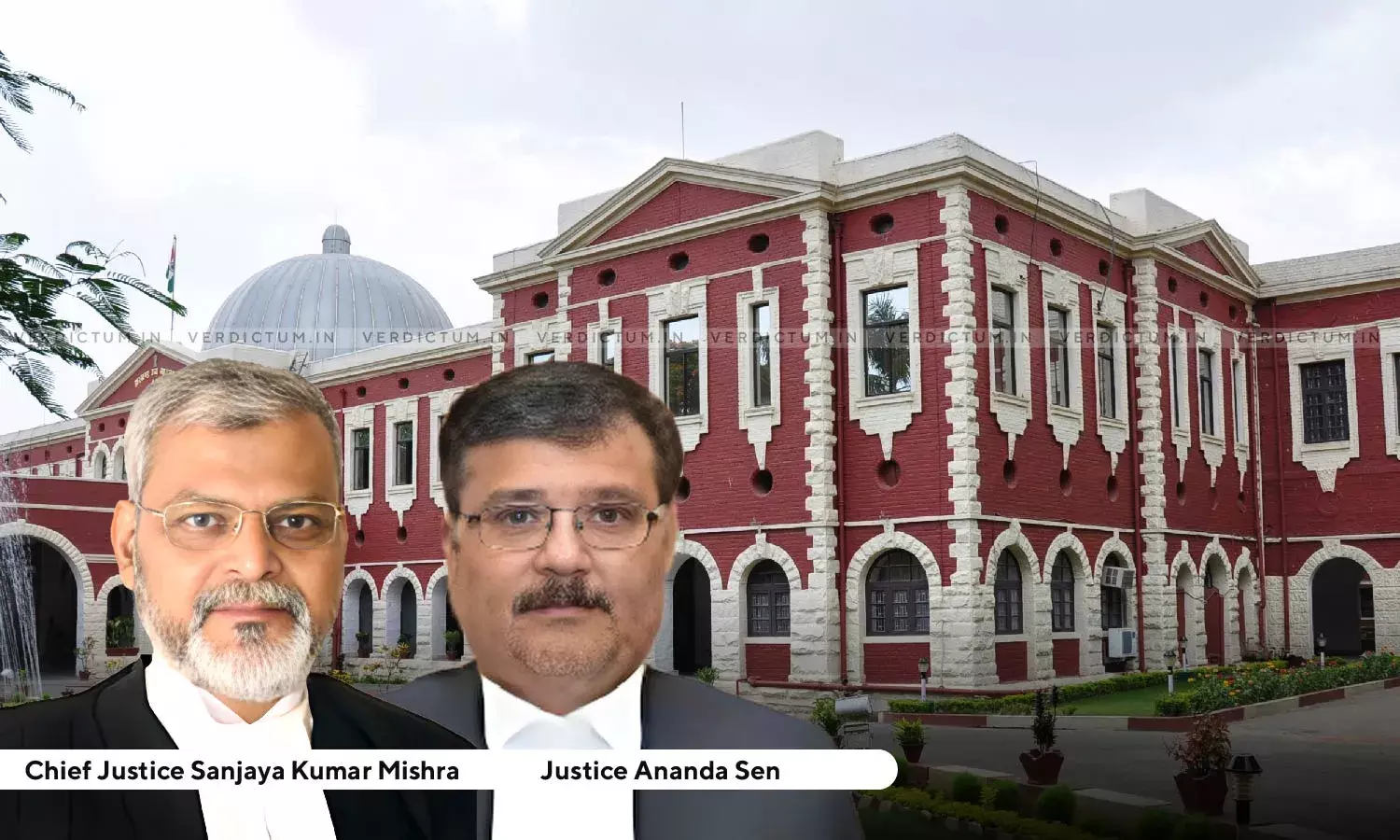File Fresh Affidavit Clarifying Measures: Jharkhand High Court To State Pollution Board While Issuing Interim Measures To Combat Noise Pollution
The Jharkhand High Court expressed dissatisfaction with the Jharkhand State Pollution Control Board and other authorities' measures to combat noise pollution. The Court issued several interim directions criticizing the lack of clarity in the existing regulations, specifically questioning the rationale behind designating certain areas as "silence zones" and the absence of effective mechanisms for citizens to report noise pollution grievances. The Court directed the authorities to file a fresh affidavit explaining their actions. In this case, the petitioner had challenged the inadequacy of measures taken by the Jharkhand State Pollution Control Board and other authorities to address noise pollution.
A Division Bench of Chief Justice Sanjaya Kumar Mishra and Justice Ananda Sen issued several directions as interim measures for immediate compliance in the State:
- From 10.00 p.m. to 06.00 a.m., there will be a complete ban on use of loud speakers, public address systems, sound amplifiers;
- No one shall beat a drum or tomtom or play trumpant or use any sound instruments or use any sound amplifier at night between 10.00 p.m. to 06.00 a.m. except in public emergency.
- Area within 100 meters radius of any hospitals or nursing homes irrespective of capacity, should be declared as “Silence Zone”;
- The noise level at the boundary of public place, where loud speakers or public address system or any other systems or any other noise source is being used shall not exceed 10 dB(A) above the ambient noise standards for the area or 75 dB(A) whichever is lower.
- The peripheral noise level of privately owned sound system shall not exceed by more than 5 dB(A) than the ambient air quality standard specified for the area in which it is used, at the boundary of the private place.
- During any festivities, the appropriate authority under the Noise Pollution Control and Regulation Rules, 2000 may relax the period of ban from 10.00 p.m. maximum till 12.00 mid night. No relaxation can be granted beyond 12.00 mid night.
- Deputy Commissioners of each district should immediately notify the officials along with their mobile numbers to whom, any one aggrieved by the noise pollution can raise their grievance. Similarly, mobile numbers of mobile PCR vans. should also be notified and published before whom any aggrieved person may make complaint against the noise pollutants.
- On receipt of any complaint, the authority will take appropriate steps including immediate seizure of sound amplifiers, loud speakers, public address systems etc and thereafter proceed in accordance with law.
Advocate Khushboo Kataruka appeared for the Petitioner and Advocate Piyush Chitresh appeared for the Respondents.
The Court found the State's actions insufficient. The Court said, “we are not fully satisfied with the action taken by the Respondents. Prima facie, we feel that what is the rationale to declare the areas near a Hospital having capacity of 50 beds or more, only as “silence zones” have not been explained. Further, though in the counter affidavit, it has been mentioned that all the Sub Divisional Officers, Sub Divisional Police Officers, City Deputy Superintendents of Police, Senior Superintendents of Police are entrusted to ensure compliance of the notifications, but there is nothing to suggest as to before whom a person aggrieved by noise pollution, can approach, in cases of emergency where there is immense threat of noise pollution.”
The Court added, “there is nothing in the counter affidavit to suggest what steps they propose to take to control the sound pollution, which is caused by drums or tom-tom or by playing trumpets, and/or how the Noise Pollution Regulations and Control Rules are being implemented. “ The Court thus directed the respondents to file a fresh affidavit clarifying their actions.
The case is scheduled for a follow-up hearing on December 5, 2023.
Cause Title: Jharkhand Civil Society v. The State of Jharkhand & Ors.
Click here to read/download Order




